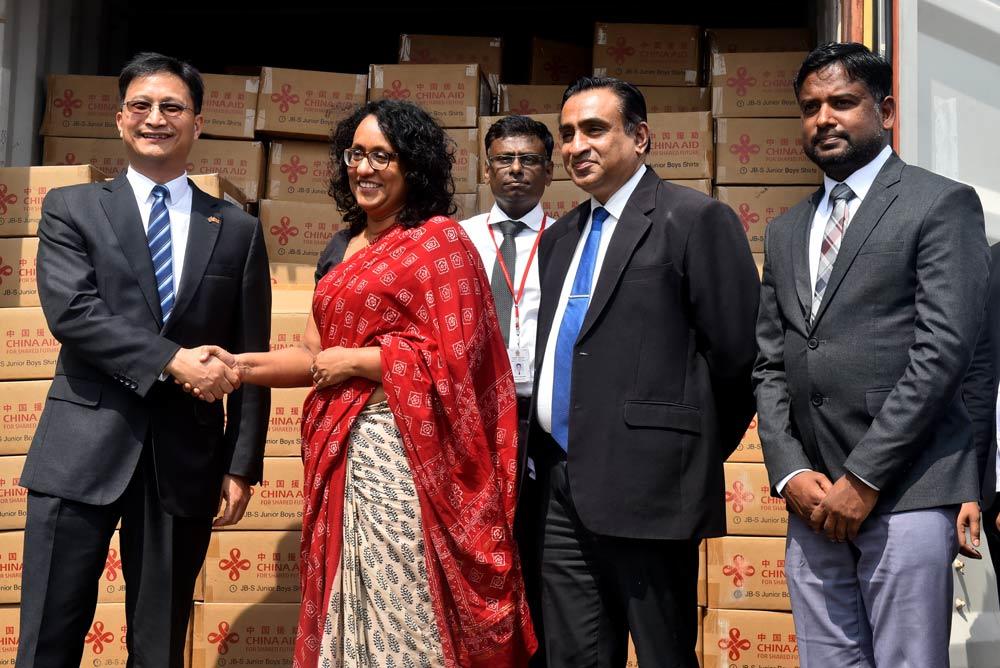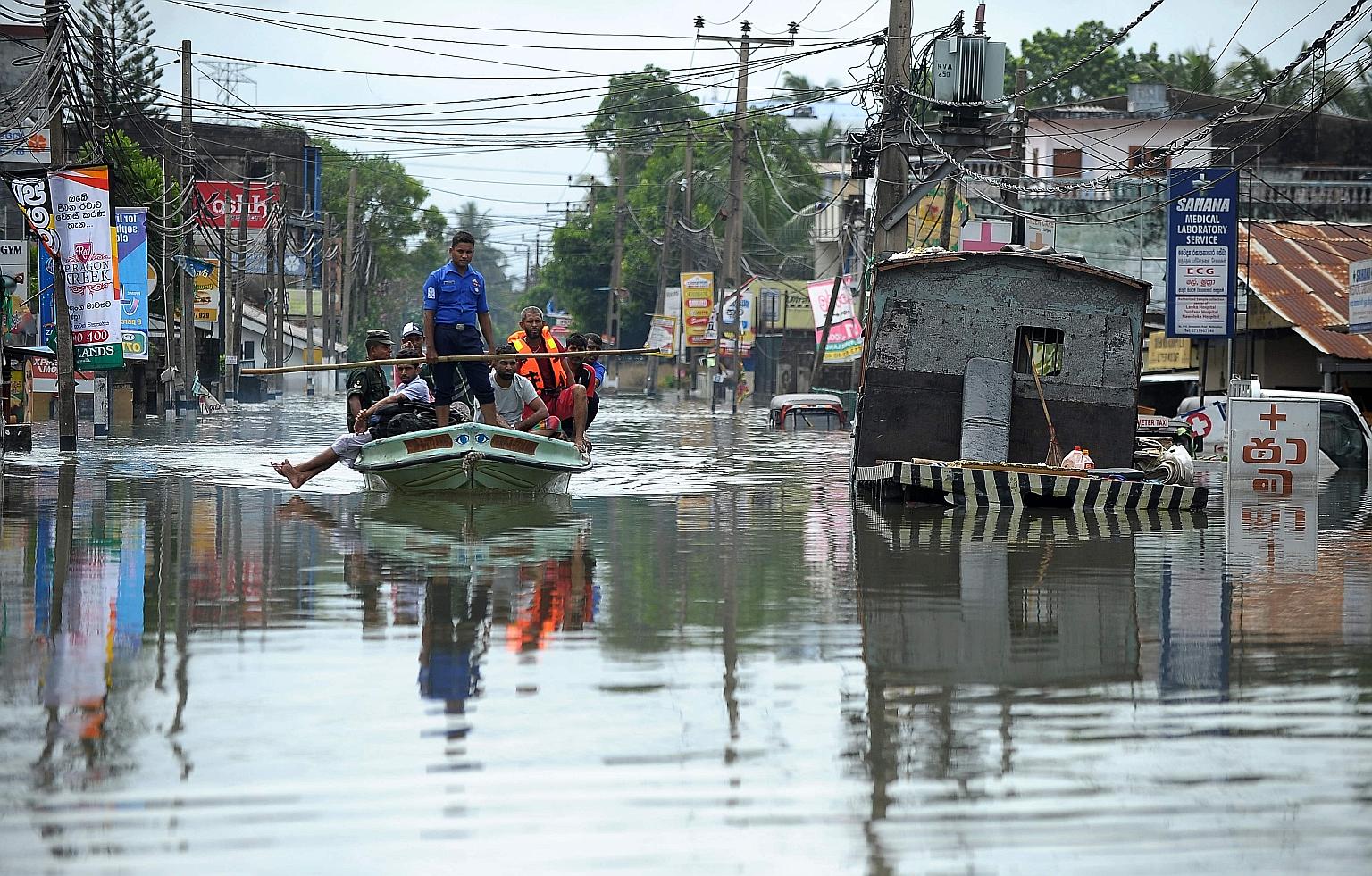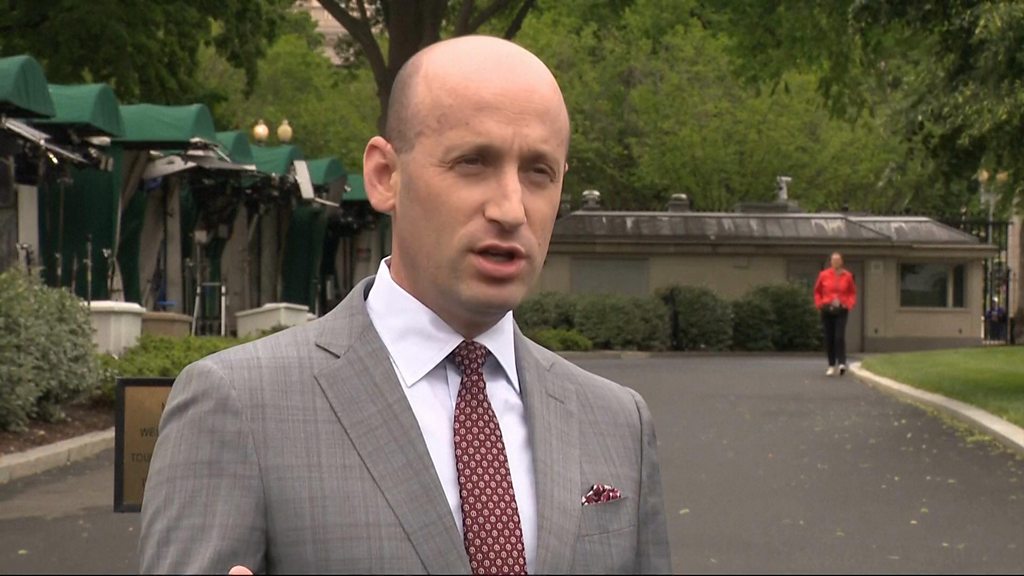In recent years, China has increasingly extended its support to both Sri Lanka and the Maldives, two strategically important nations in the Indian Ocean region. This has taken various forms, including economic aid, infrastructure development, and cultural exchanges. Recently, China donated school uniforms to Sri Lanka as part of its ongoing support to the country, raising questions about whether China is now placing more emphasis on Sri Lanka than on the Maldives. This article explores the motivations behind China’s assistance to these two nations and examines whether this signals a shift in priorities in the region.
China’s Diplomatic Engagement with Sri Lanka
Sri Lanka and China have enjoyed strong diplomatic ties for many years, particularly since Sri Lanka’s strategic location in the Indian Ocean makes it a key partner for China in its Belt and Road Initiative (BRI). Sri Lanka’s government has welcomed Chinese investments, particularly in the construction of infrastructure such as roads, ports, and airports. The most notable project under this initiative is the Hambantota Port, which was leased to China for 99 years after Sri Lanka struggled with debt repayment.
In addition to infrastructure, China has provided substantial humanitarian aid to Sri Lanka, such as food and medical supplies, particularly during times of crisis like the COVID-19 pandemic. China’s donation of school uniforms is another example of this ongoing support. The gesture, while symbolic, reflects China’s continued commitment to its ties with Sri Lanka, especially at a time when Sri Lanka is facing significant economic challenges.
Sri Lanka has also been facing a severe financial crisis, which has resulted in shortages of essential goods and services. In this context, China’s assistance can be seen as a way of solidifying its relationship with the country, strengthening both economic ties and diplomatic relations. Through such gestures, China enhances its image as a key partner in Sri Lanka’s recovery efforts, and this support may garner goodwill among the Sri Lankan population.
China’s Relations with the Maldives
China has also been heavily involved in the Maldives, particularly during the presidency of Abdulla Yameen (2013-2018), who pursued closer ties with Beijing. The Maldives, a collection of islands scattered across the Indian Ocean, is strategically important due to its location and access to major sea routes. As a result, China has been keen to develop a stronger presence there, investing in infrastructure and tourism projects.
Under Yameen, the Maldives joined the Belt and Road Initiative, and several large-scale Chinese-funded projects were initiated, including the construction of a bridge connecting the capital Malé to the airport island. However, following the political shift in 2018, when President Ibrahim Solih took office, there was a shift in foreign policy toward balancing relations with China and other regional powers, especially India.
While China continues to maintain strong ties with the Maldives, the Solih administration has been more cautious in its engagement with China, focusing on ensuring that the Maldives’ sovereignty is respected and that the country does not become overly dependent on Chinese investments. Despite this, China remains a significant partner for the Maldives, especially in the areas of infrastructure and tourism.
Sri Lanka vs. the Maldives: A Shift in Focus?
When comparing China’s engagement with Sri Lanka and the Maldives, there are several factors to consider. Historically, Sri Lanka has been a more important partner for China, especially with regard to the Belt and Road Initiative. The large-scale infrastructure projects in Sri Lanka, such as the Hambantota Port, have solidified this relationship. Additionally, Sri Lanka’s financial struggles in recent years may have prompted China to increase its support, as the country has become more reliant on foreign assistance.
In contrast, the Maldives’ relationship with China has been more variable, with fluctuations depending on the political leadership. While China remains an important partner for the Maldives, the Solih administration has taken a more balanced approach, which may slightly reduce China’s influence compared to the peak of Yameen’s presidency. However, China has been mindful of not alienating the Maldives, given its strategic location and importance in maritime trade.
While it may appear that China is prioritizing Sri Lanka over the Maldives at the moment, the reality is more nuanced. China has longstanding ties with both nations, and its support is likely a combination of strategic, economic, and humanitarian motivations. The donation of school uniforms to Sri Lanka could be seen as a gesture of goodwill during a time of economic distress, further strengthening China’s relationship with the island nation. Meanwhile, China continues to invest in the Maldives, though its relationship there may be more cautious under the current administration.
Ultimately, both Sri Lanka and the Maldives remain important players in China’s broader strategic objectives in the Indian Ocean region. The dynamics of their relationships with China will continue to evolve, influenced by changing political climates and economic needs. For now, China’s engagement with Sri Lanka may appear more pronounced, but the Maldives remains an essential partner as well.
Photo from Daily Mirror. lk




